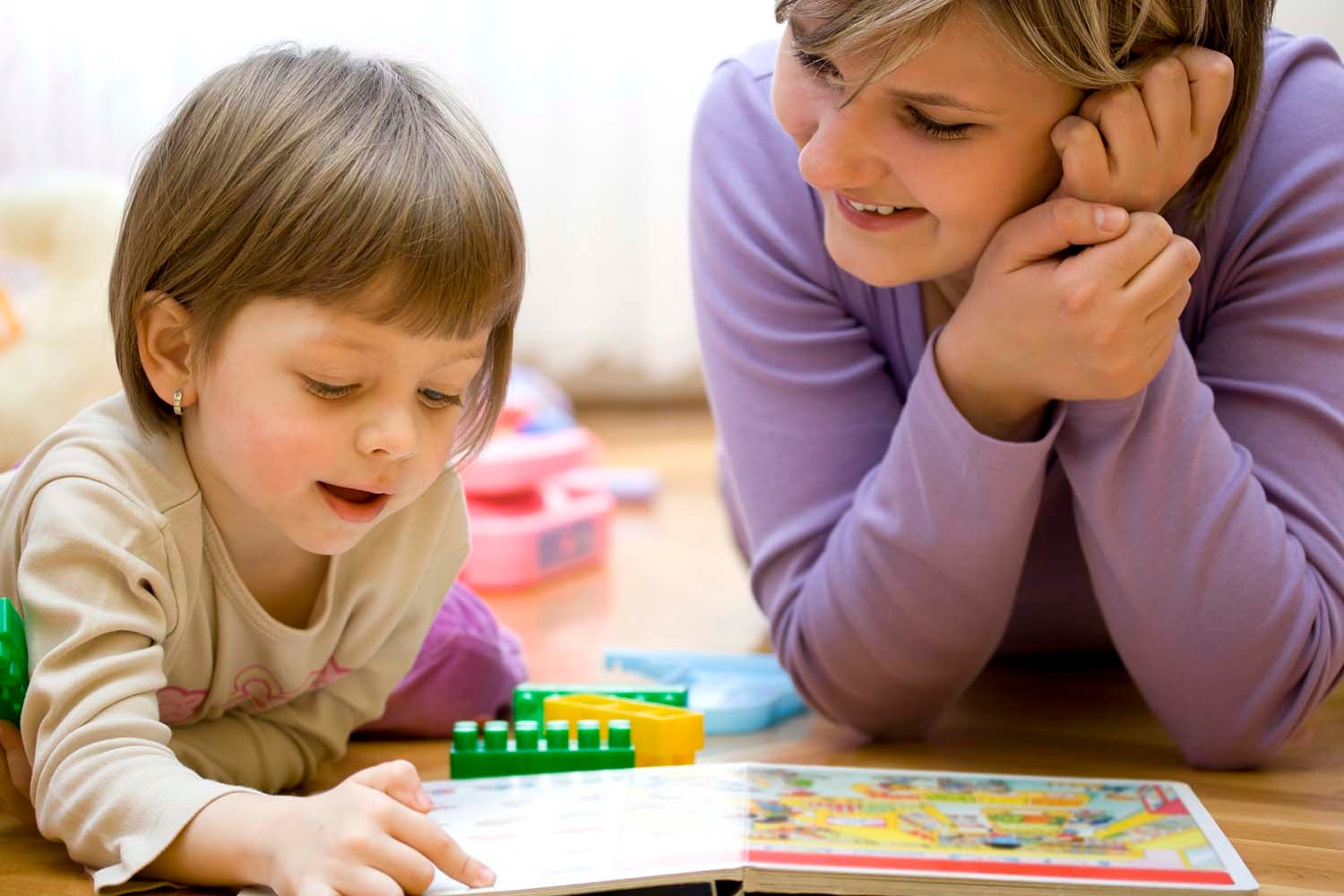
Parents today are actively seeking teachable moments in their interactions with their children. Whether it’s discussing story plots while reading a book or explaining why a child isn’t allowed to play a video game, engaged parenting has been shown to help children build cognitive and emotional skills. However, a new study led by Jelena Obradović, an associate professor at Stanford Graduate School of Education, suggests that too much parental direction can sometimes hinder a child’s development.
The study observed parents’ behavior when kindergarten-age children were engaged in various activities such as playing, cleaning up toys, learning a new game, and discussing a problem. The researchers found that children whose parents frequently stepped in to provide instructions, corrections, suggestions, or ask questions, even when the children were appropriately on task, displayed more difficulty regulating their behavior and emotions at other times. These children also performed worse on tasks that measured skills associated with impulse control and the ability to shift attention.
One significant finding of the study is that this phenomenon occurs across the socioeconomic spectrum. “Parents have been conditioned to involve themselves, even when kids are on task and actively playing or doing what they’ve been asked to do,” says Obradović. “But too much direct engagement can come at a cost to kids’ abilities to control their own attention, behavior, and emotions. When parents let kids take the lead in their interactions, children practice self-regulation skills and build independence.”
This research sheds new light on how parents’ behavior can both help and hinder their children’s development during the crucial transition to elementary school. It is particularly important during this phase for parents to find the right balance between providing support and allowing their children to manage their attention, emotions, and behavior independently.
To conduct the study, Obradović and her co-authors brought together a diverse group of 102 children aged 4 to 6 and their primary caregivers in a Stanford lab. The children and parents were observed separately during various structured activities, and their interactions were analyzed second by second using video recordings. This detailed approach allowed the researchers to identify subtle shifts in how parents engage with their children.
The study also introduces a new measure of parental engagement called “parental over-engagement.” The researchers calculated the ratio between times when parents intervened in ways meant to be helpful and times when they followed the child’s lead. The results showed a correlation between high levels of parent involvement when a child is focused on a task and the child’s difficulties with self-regulation and other behaviors. However, when a child was passively engaged, there was no link between parental over-engagement and self-regulation.
Obradović clarifies that the study is not meant to criticize parents. “There’s nothing wrong with suggesting ideas or giving tips to children,” she says. However, it’s crucial for parents to be aware of when to step back and allow their children to take the lead. Teachable moments have their place, but it’s also important to recognize when children need to be left alone or allowed to be in charge.
This research has significant implications for parents, especially during the ongoing pandemic when parents may wonder how much direct involvement their children need. Obradović advises parents to have an honest conversation with themselves and find opportunities to let their children take the lead, especially if they are doing well. This approach can help children practice self-regulation skills, build independence, and thrive during this challenging time.
FAQs
Q: What is the main finding of the Stanford-led study?
A: The study found that too much parental direction can hinder a child’s ability to regulate their behavior and emotions and negatively impact skills associated with impulse control and attention shift.
Q: Does parental over-engagement have any correlation with a child’s self-regulation?
A: Yes, the study found a correlation between high levels of parental over-engagement when a child is focused on a task and the child’s difficulties with self-regulation and other behaviors.
Q: Should parents completely refrain from providing instructions or suggestions to their children?
A: No, there is nothing wrong with suggesting ideas or giving tips to children. It’s important for parents to find the right balance between support and allowing their children to take the lead.
Conclusion
The Stanford-led study highlights the importance of letting children take the lead in their interactions with parents. Too much parental direction can hinder a child’s development and their ability to regulate their behavior and emotions. Parents need to find the right balance between support and independence, allowing their children to practice self-regulation skills and build independence. By recognizing when to step back and allow their children to take the lead, parents can help their children thrive and succeed during crucial developmental stages.

